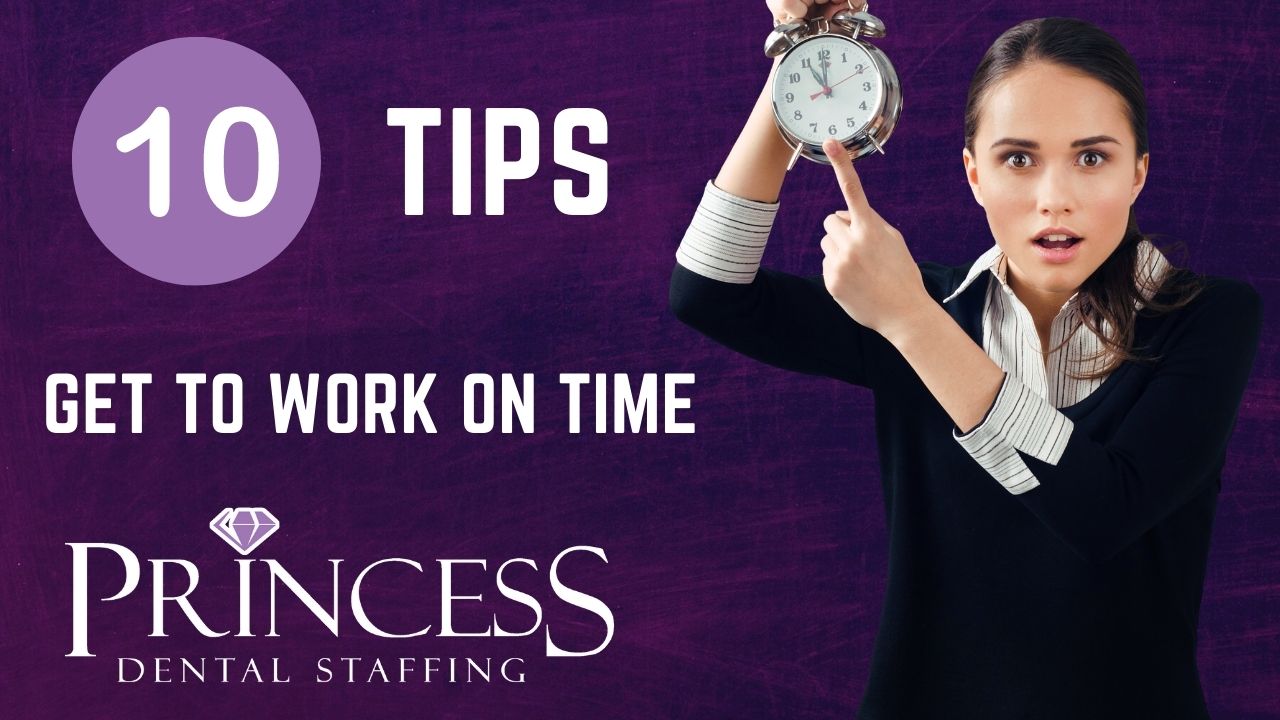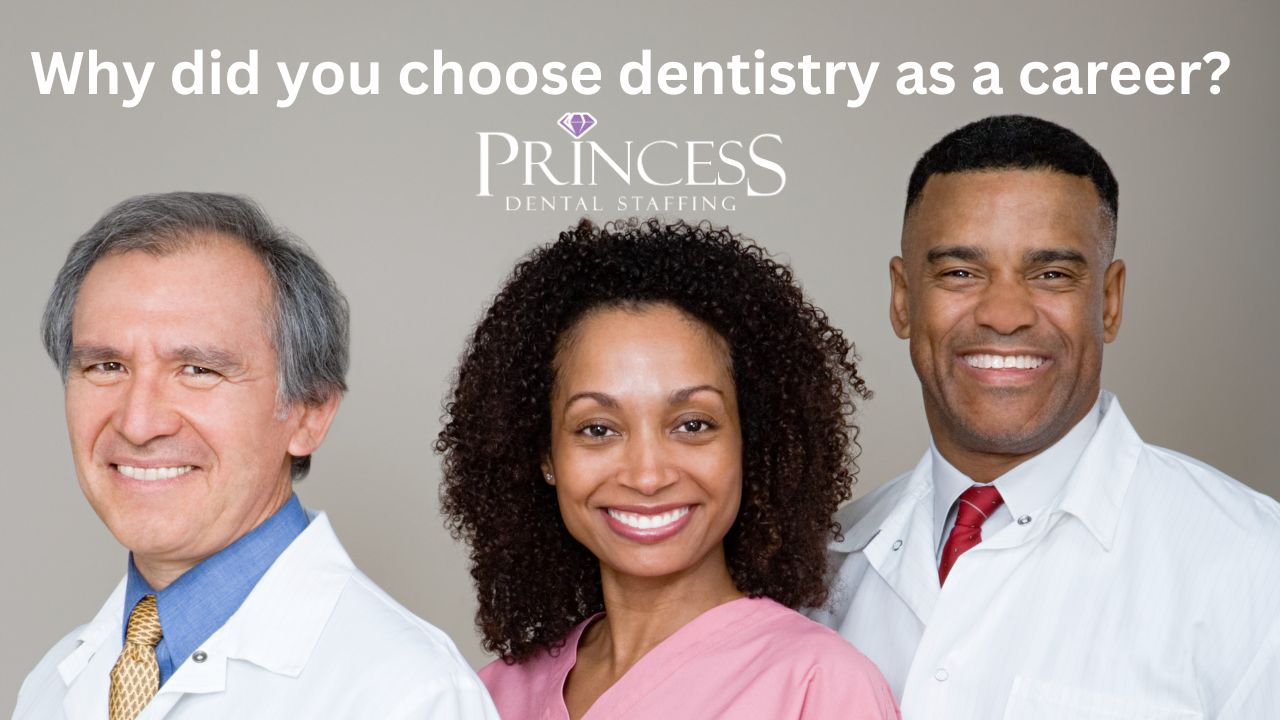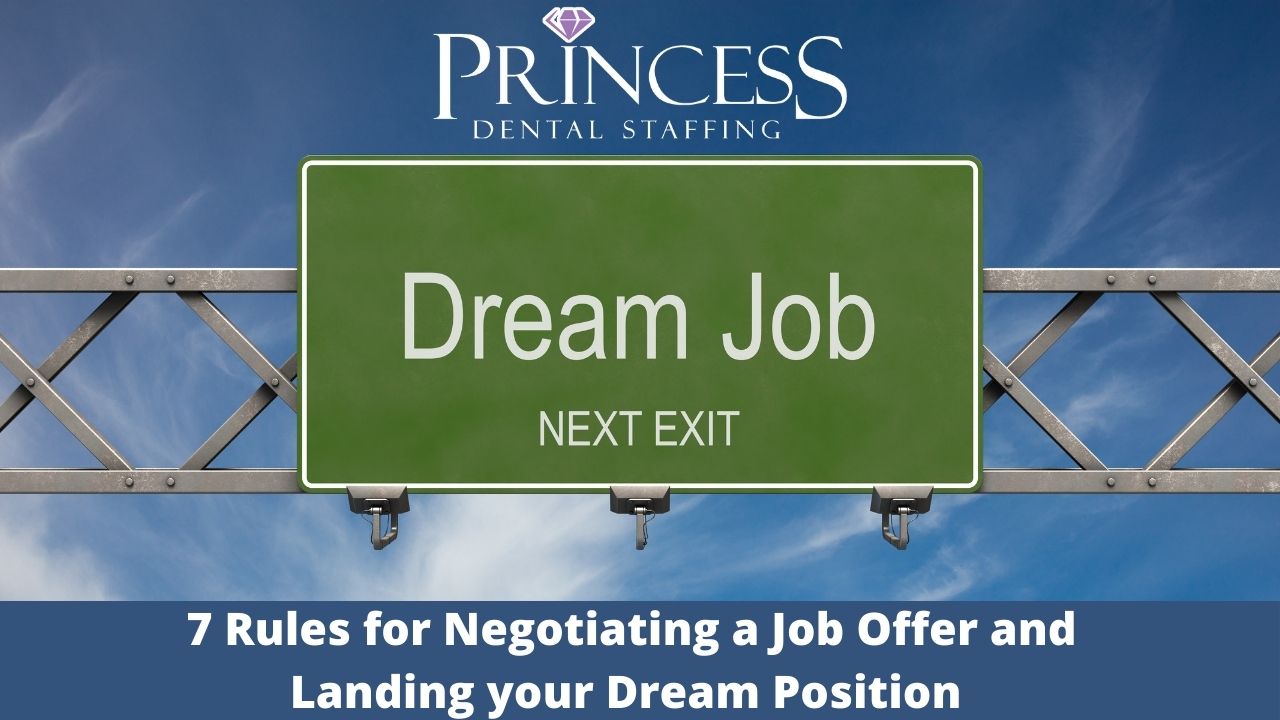With answers…
Whether you're an employer looking for questions to ask a dentist in an interview or you're the dentist applying for the job doing some preparation for your interview, we've got some great interview questions (and answers).
Let's get started with these interview questions for a dentist…
Question #1
What is the biggest thing that ever went wrong clinically, and how did you handle it?
Employers: Why ask this question?
The answer to this question will give you insight into how well the dentist can manage and respond to unexpected clinical incidents, as well as their commitment to patient safety and professional accountability.
As an employer, this question is an excellent way for you to assess how a dentist responds when things don't go as planned and to determine if they are willing and able to take the necessary steps to address any mistakes that could occur in their practice.
Additionally, employers can use this question to assess the dentist's technical skills and experience with dental procedures. It's important to know whether or not the dentist can provide quality care and services that meet your expectations.
Asking this question helps evaluate the prospective dentist's problem-solving skills and ability to think when managing complex and unpredictable situations critically.
Employers should also consider whether or not the dentist can take responsibility for their mistakes, appropriately handle patient complaints, and provide practical solutions that promote patient safety and treatment effectiveness.
Job seekers: Sample answer #1
The biggest clinical mistake I've ever made was overlooking a cavity during a patient's dental checkup. I realized my mistake when the next patient appointment revealed an infection, and pain had set in. After apologizing to the patient for missing the initial cavity, I took full responsibility for not noticing the initial cavity, so I offered to reduce the cost of treatment. To ensure this doesn't happen again, I am now more diligent in my dental exams and pay closer attention to every detail during a patient appointment. I also sought additional training on cavity detection techniques.
Question #2
What is the biggest conflict between staff you've witnessed, and how did you handle it?
Employers: Why ask this question?
This question is very important for an employer seeking to hire a dentist. It reveals the applicant's ability to handle difficult situations and can give insight into how they will respond if such a conflict arises in the workplace. Knowing how a prospective employee has dealt with conflicts in the past allows employers to make informed decisions on whom they can trust with their practice. Furthermore, this question also allows further information to be gathered on how a candidate deals with disagreements and what kind of solutions they come up with. It provides insight into the applicant's problem-solving skills and communication abilities, essential qualities of a successful dentist. Therefore, this is an excellent question for employers to ask when interviewing potential dentists.
Job seekers: Sample answer #2
The biggest conflict between staff I've witnessed was a disagreement about the best way to address a frustrated patient. One of the hygienists felt that we should confront the patient and set boundaries, while the other felt like it was best to remain positive and try to de-escalate the situation. I handled it by listening carefully to both sides and suggesting a compromise. I suggested that we maintain a professional yet empathetic tone with the patient while setting boundaries to ensure they felt respected. This solution made both sides happy and allowed us to manage the situation successfully.
Question #3
What would you say when a patient claims that your work is substandard?
Employers: Why ask this question?
This question is important for employers to ask because it demonstrates a potential dentist's ability to handle difficult situations and remain professional. It also indicates how they can use evidence-based approaches to resolve patient disputes. Lastly, it helps establish trust between the employer and the dental care provider, which will benefit the overall quality of care.
Job seekers: Sample answer #3
When a patient claims that my work is substandard, the best response would be to maintain professionalism and composure. It is important to listen to any concerns they may have and explain in detail why their feedback may not reflect the quality of the work provided. If necessary, provide evidence about the quality of care, such as statistics or studies conducted in the area.
Question #4
How do you handle someone that is requesting a refund?
Employers: Why ask this question?
As a prospective employer of a dentist, this question provides insight into how the candidate would handle an unhappy customer. A well-rounded dentist should be able to interact with patients professionally and tactfully to resolve any disputes or complaints that may arise. Asking about refund requests helps the employer understand the candidate's ability to understand difficult conversations and come up with customized solutions. The ability to respond calmly and professionally is vital for maintaining customer satisfaction and boosting trust in the dental practice. Furthermore, it gives employers an indication of whether or not the candidate is likely to comply with industry standards regarding refunds and other customer service issues. Ultimately, this question helps employers ensure that they are bringing on board a dentist who can successfully manage customer relations.
Job seekers: Sample answer #4
When dealing with a patient requesting a refund, I always strive to provide excellent customer service and keep open communication. I listen carefully to the patient's concerns and offer sincere solutions. I also stay professional and respectful throughout the conversation. If necessary, I am willing to negotiate or offer discounts on future services to reach a satisfactory resolution for both parties. Ultimately, I aim to ensure the patient's happiness and satisfaction with their experience at my office. This approach helps build trust between myself and my patients, encouraging them to continue using our services in the future.
Question #5
How do you recognize when to do treatment yourself vs. referring to a specialist?
Employers: Why ask this question?
It's essential to determine if a candidate can recognize when to do treatment themselves versus referring to a specialist. This question evaluates the candidate's ability to assess their knowledge and skillset and make decisions regarding the best course of action for more complex cases.
It also showcases the candidate's understanding of dental care principles and their ability to work as part of a larger healthcare team, which is essential in providing holistic care. It can give insight into how the candidate handles difficult situations and if they have any experience working with specialists.
This question also gives employers an understanding of how the candidate sees themselves in their role as a dental professional and whether or not they are willing to consult and work with specialists when necessary.
An employer should ask this question to gauge the dental professional's competency and critical thinking skills. By asking this question, employers can be confident that they are hiring a dentist capable of providing the best care for their patients.
Job seekers: Sample answer #5
As a dentist, I understand the importance of recognizing when to do treatment myself and when to refer to a specialist. I carefully evaluate the situation before taking action, and ensure my patient's health is always my top priority. When determining whether or not to complete a certain procedure, I consider factors such as complexity, severity, and risk. If I assess the situation and conclude that another dentist's expertise would be more beneficial for my patient, I will refer them to a specialist who has the necessary skill set to provide the best possible care. On the other hand, if I can provide quality treatment, I will confidently complete the procedure. Ultimately, my goal is always to ensure that my patient receives the highest level of care possible.
Additional questions to ask
- Why did you choose dentistry as a career?
- How would you help an uncomfortable dental patient?
- What is your bedside manner as a dentist?
- What is your new patient exam like?
- How would you handle a patient who needs __________?
- What procedures are you most comfortable with?
- Are there any procedures you're uncomfortable with?
Related Articles

10 Tips for Getting to Work on Time
Many people value time, yet everyone can use a tip or two on getting to work on time. This can be especially important if you are showing up for a temporary dental position. In today's article, we have put together ten of our best tips for getting to work on time!
Chris Lewandowski
June 01, 2022
Ready to get started?
Join Princess Dental Staffing for free!

